Funding and policy
Recent articles
Stories about research grants, funding models and the business of science
Latest

New autism committee positions itself as science-backed alternative to government group

Two primate centers drop ‘primate’ from their name

Oregon primate research center to negotiate with NIH on possible transition to sanctuary

‘Peer review is our strength’: Q&A with Walter Koroshetz, former NINDS director
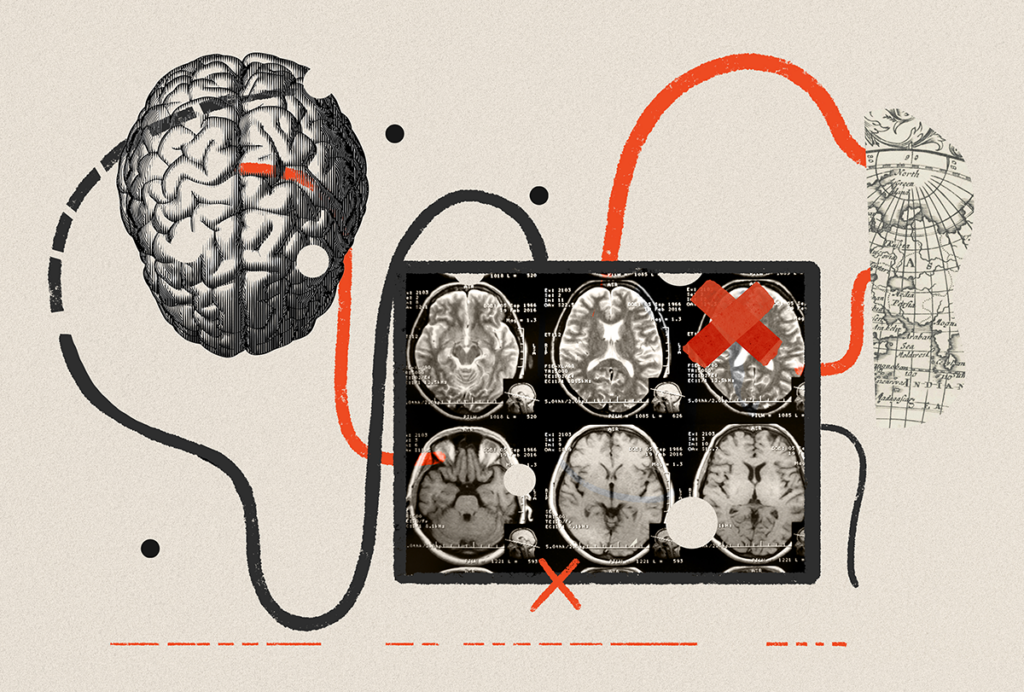
BRAIN Initiative researchers ‘dream big’ amid shifts in leadership, funding
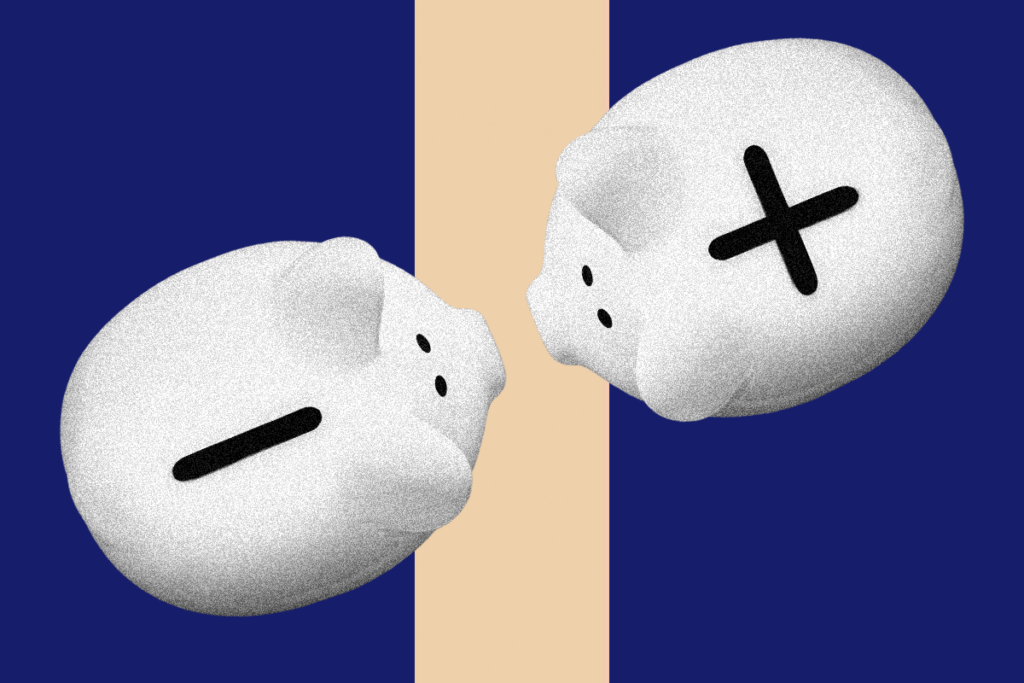
Neuroscience, BRAIN Initiative gain budget in ‘bad’ NIH funding bill

Neuroscience’s leaders, legacies and rising stars of 2025
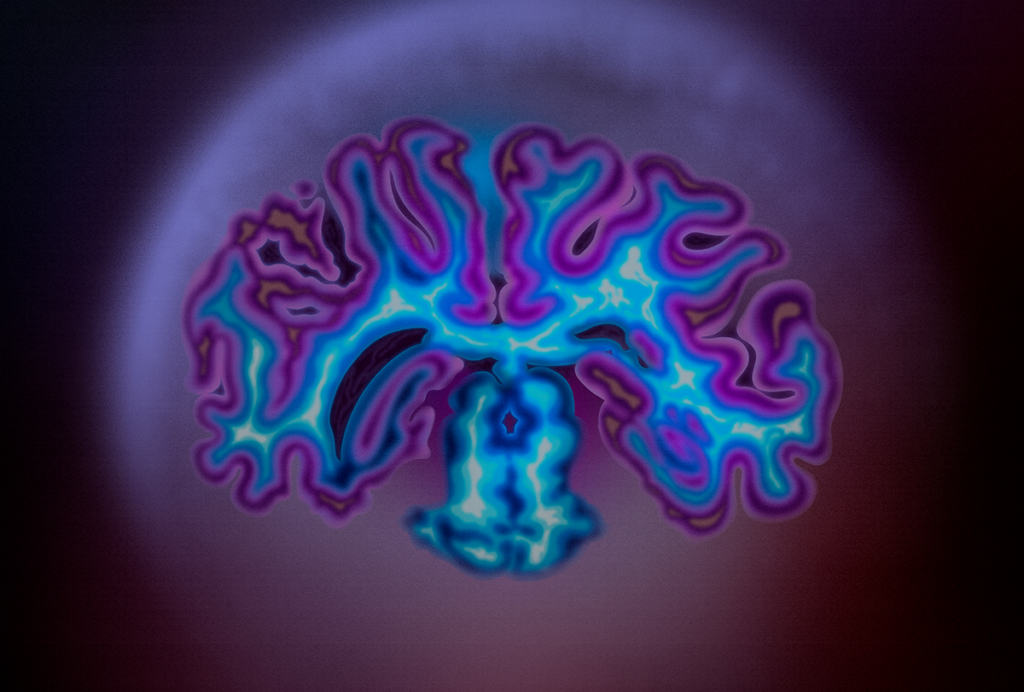
Without monkeys, neuroscience has no future

Our searchable repository of useful research can restore trust in federally funded basic science

The Transmitter’s top news articles of 2025
Check out some of our most-read stories, covering neuroscience funding and policy changes in the United States, and methodological issues in high-profile neuroscience papers.

The Transmitter’s top news articles of 2025
Check out some of our most-read stories, covering neuroscience funding and policy changes in the United States, and methodological issues in high-profile neuroscience papers.
Talking shop: The Transmitter’s top quotes of 2025
Find out what “may be one of the brain’s most underappreciated superpowers” and why it’s so crucial to “talk about our research in our everyday lives.”
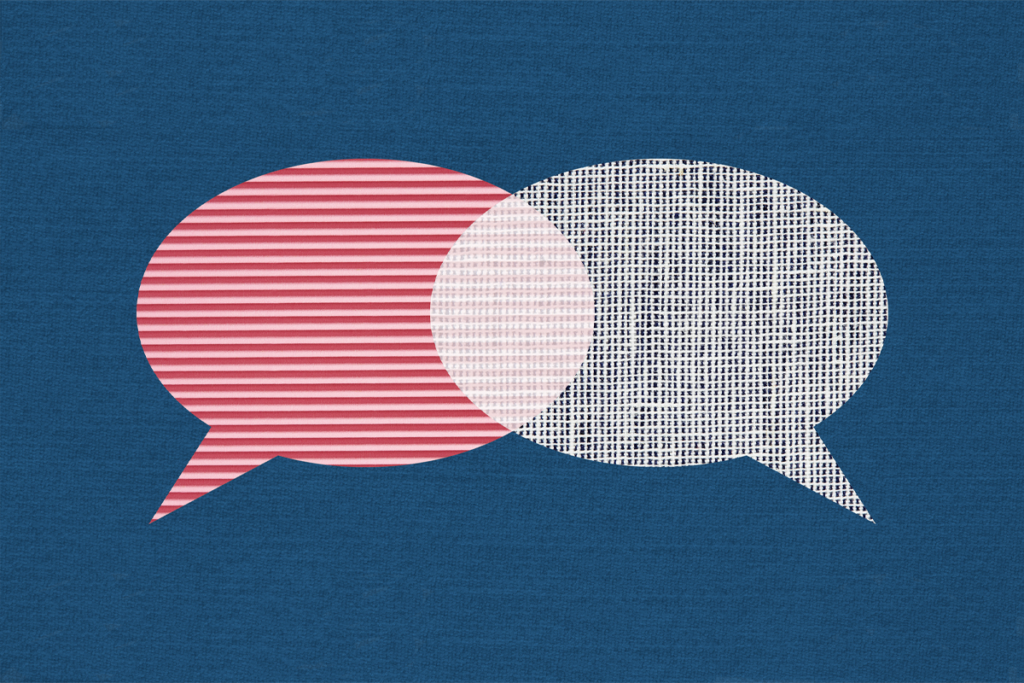
Talking shop: The Transmitter’s top quotes of 2025
Find out what “may be one of the brain’s most underappreciated superpowers” and why it’s so crucial to “talk about our research in our everyday lives.”
The Transmitter’s favorite essays of 2025
Throughout a tumultuous year in science, researchers opined on policy changes and funding uncertainty, as well as scientific trends and the impact of artificial-intelligence tools on the field.
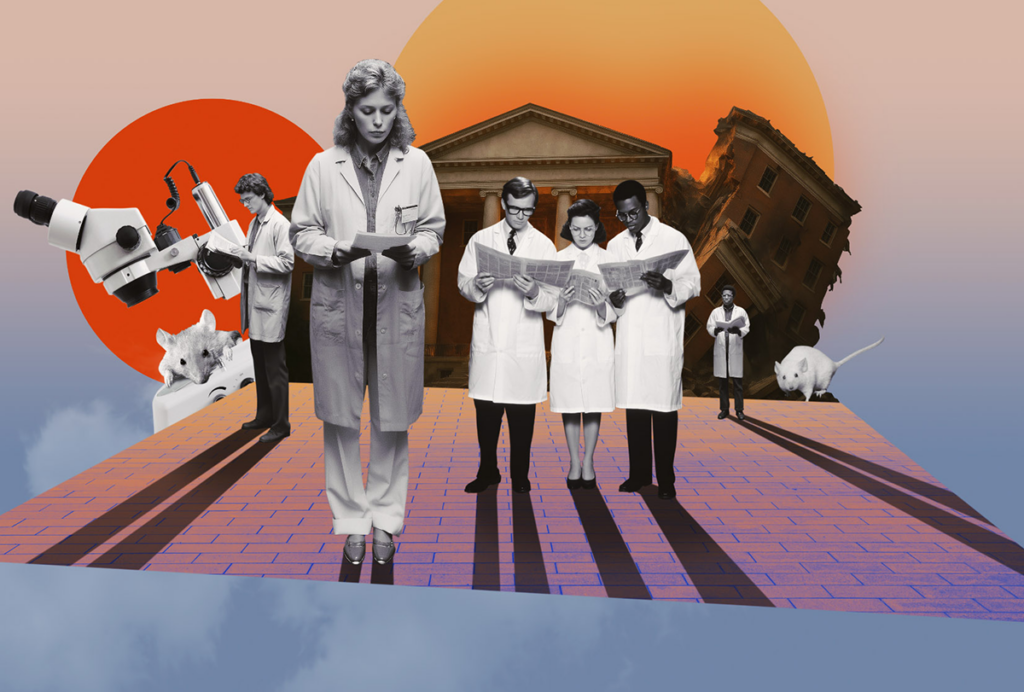
The Transmitter’s favorite essays of 2025
Throughout a tumultuous year in science, researchers opined on policy changes and funding uncertainty, as well as scientific trends and the impact of artificial-intelligence tools on the field.
Neurophysiology data-sharing system faces funding cliff
After the primary grant supporting Neurodata Without Borders ends in March 2026, the platform may no longer be maintained or kept up to date.

Neurophysiology data-sharing system faces funding cliff
After the primary grant supporting Neurodata Without Borders ends in March 2026, the platform may no longer be maintained or kept up to date.
A change at the top of SfN as neuroscientists gather in San Diego
Kevin B. Marvel, longtime head of the American Astronomical Society, will lead the Society for Neuroscience after a year of uncertainty in the neuroscience field.

A change at the top of SfN as neuroscientists gather in San Diego
Kevin B. Marvel, longtime head of the American Astronomical Society, will lead the Society for Neuroscience after a year of uncertainty in the neuroscience field.
Explore more from The Transmitter
Two neurobiologists win 2026 Brain Prize for discovering mechanics of touch
Research by Patrik Ernfors and David Ginty has delineated the diverse cell types of the somatosensory system and revealed how they detect and discriminate among different types of tactile information.

Two neurobiologists win 2026 Brain Prize for discovering mechanics of touch
Research by Patrik Ernfors and David Ginty has delineated the diverse cell types of the somatosensory system and revealed how they detect and discriminate among different types of tactile information.
Shifting neural code powers speech comprehension
Dynamic coding helps explain how the brain processes multiple features of speech—from the smallest units of sounds to full sentences—simultaneously.

Shifting neural code powers speech comprehension
Dynamic coding helps explain how the brain processes multiple features of speech—from the smallest units of sounds to full sentences—simultaneously.
Astrocytes orchestrate oxytocin’s social effects in mice
The cells amplify oxytocin—and may be responsible for sex differences in social behavior, two preprints find.

Astrocytes orchestrate oxytocin’s social effects in mice
The cells amplify oxytocin—and may be responsible for sex differences in social behavior, two preprints find.
